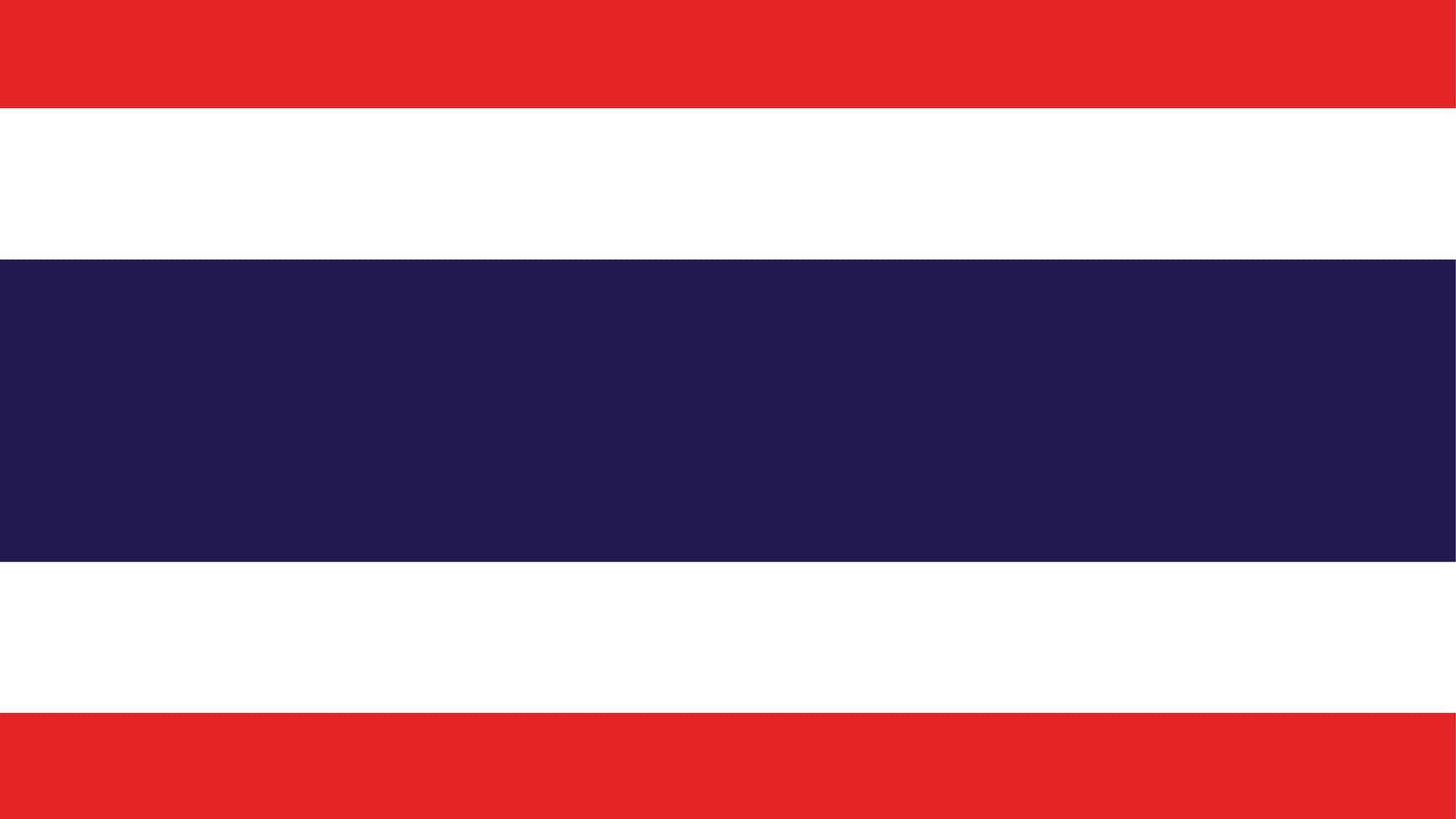At a glance
CDC works with partners in Thailand to strengthen the country's public health and clinical systems. CDC delivers quality HIV testing and treatment services and responds to emerging public health threats.

Background
In 2003, CDC began providing technical assistance (TA) to the Southeast Asia region. CDC's Asia Regional Office (ARO) helps to build host-country capacity through TA and cooperative agreements with the World Health Organization (WHO). This helps build sustainable, country-owned programs with targeted assistance in various areas including surveillance, laboratory capacity, and HIV counseling and testing. Additionally, it helps adult and pediatric HIV care and treatment quality improvement and monitoring and evaluation of mother-to-child transmission programs.
CDC works to improve surveillance and control of TB, multidrug-resistant TB (MDR TB), and TB in persons living with HIV (PLHIV). To do this, CDC works with the Thailand National Tuberculosis Program (NTP) and other partners. CDC also has a Regional TB Technical Advisor (Medical Officer) stationed in Bangkok. Operational research focuses on answering how to improve screening, diagnosis, and treatment of MDR TB and TB/HIV in high-burden settings.
A recent multi-country study led to a simple clinical algorithm that health personnel can use to detect TB in HIV-positive persons.
Download CDC Thailand's Fact Sheet
HIV and TB data
HIV/AIDS
Estimated HIV Prevalence (Ages 15-49)
Estimated AIDS Deaths (Age≥15)
Estimated Orphans Due to AIDS
Reported Number Receiving Antiretroviral Therapy (Age≥15)
Tuberculosis (TB)
Estimated TB Incidence
TB Patients with Known HIV-Status who are HIV-Positive
TB Treatment Success Rate
Key activities and accomplishments
Introduction and expansion of HIV prevention, care, and treatment services
Key activities around testing and prevention:
- Trained staff at 122 hospitals in 18 provinces on PrEP.
- Developed a combination of case-finding models.
- Integrated HIV self-test and SNS into index testing service.
- Used a digitalized coupon as a recruitment tool.
- Integrated HIV self-test and SNS into index testing service.
- Supported decentralization of PrEP services to 7 health centers in Bangkok.
Key activities and accomplishments around treatment and care:
- Contributed to national antiretroviral treatment (ART) guidance and national TB/HIV guidelines through:
- Development and implementation of “same-day/rapid ART”.
- Differentiated service delivery.
- Treatment literacy.
- TB preventive treatment implementation.
- Introduction and implementation of novel TB urine test to help with diagnosis among PLHIV.
- Development and implementation of “same-day/rapid ART”.
- Supported the decentralization of ART to 20 primary health care centers in Bangkok.
- Resulted in expanded access to life-saving ART.
- Resulted in expanded access to life-saving ART.
Other key activities and accomplishments involve improving infrastructure:
- Assisted MOPH in establishing a unified PrEP data monitoring system.
- Expanded stigma and discrimination reduction intervention program.
- Expanded to 50 health facilities in 13 provinces.
- Disseminated these experiences to international audiences.
- Expanded to 50 health facilities in 13 provinces.
- Built the "Medical Appointment Notification Assistance" application.
- This application notifies providers and clients about VL and drug appointments.
- This application notifies providers and clients about VL and drug appointments.
- Developed and implemented an Application Programming Interface.
- Enables exchange of HIV lab results from hospital databases to the National AIDS Program.
- Enables exchange of HIV lab results from hospital databases to the National AIDS Program.
Strategic information and planning at national and sub-national levels
- Updated and maintained HIV-Info Hub to be the national data dissemination platform.
- Used for monitoring the HIV epidemic, program response, morbidity, and mortality.
- Used for monitoring the HIV epidemic, program response, morbidity, and mortality.
- Develop monitor and evaluation training course for health care workers and public health officers.
- Developed a national system for recent HIV infection (recency) surveillance.
Health system strengthening and policy development
- Implemented new regulations and a certification program for community-based staff to provide HIV services.
- Implemented National Operational Guidelines for Viral Load Network and Services to improve VL coverage in pilot sites.
- Developed community-led monitoring activity in 3 hospitals in 3 provinces.
- In collaboration with Thailand Network of People Living with HIV and MoPH.
- In collaboration with Thailand Network of People Living with HIV and MoPH.
Resources
Support for CDC's global HIV and TB efforts
Our success is built on the backbone of science and strong partnerships.
